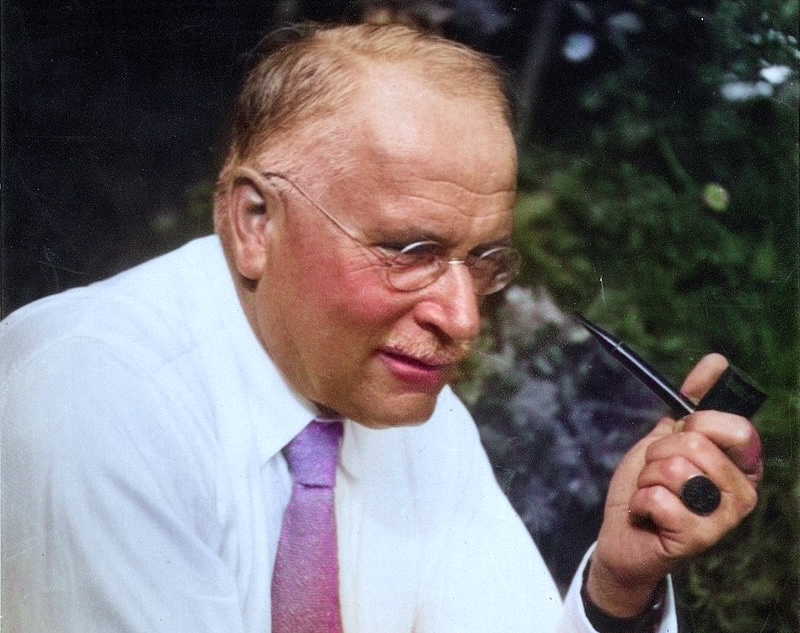Naval@naval·May 28
The current moment is always filtered through the current thought.
Ed Latimore@EdLatimore ·13h
An interesting implication of Heisenberg Uncertainty:
You're never aware of the true present moment.
The closest you can get is your interpretation of an infinitesimally brief moment that is already that has already passed.



